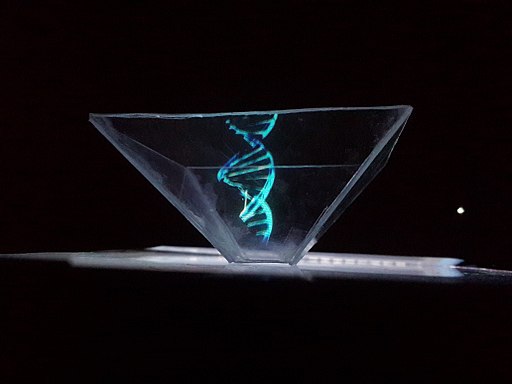Aggregated News

What U.S. Government Policy Should Be
News that U.S. scientists led by Oregon Health and Sciences University biologist Shoukrat Mitalipov have used the gene-editing technique known as CRISPR to modify the DNA of human embryos has led to renewed debate over human genetic engineering. Although scientists in China and the United Kingdom have already used gene editing on human embryos, the announcement that the research is now being done in the United States makes a U.S. policy response all the more urgent.
The scientists created 131 embryos that carried a genetic mutation that causes hypertrophic cardiomyopathy—a condition that can lead to sudden and unexpected heart attacks but has few other symptoms—and attempted to correct the mutation in 112 of them (leaving 19 as unmodified controls). By injecting the CRISPR complex together with the sperm cells that carried the mutation, rather than injecting CRISPR into already fertilized embryos, the scientists were able to successfully correct the mutated genes in 72 percent of the embryos. Whether the embryos were successfully or unsuccessfully treated, all were destroyed after the researchers were finished with...



